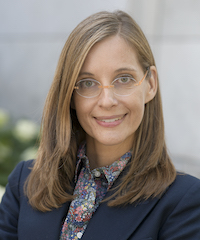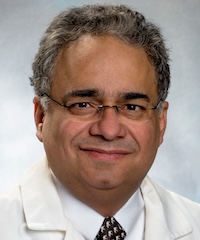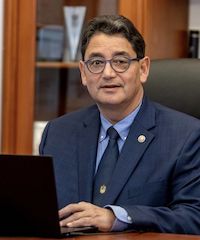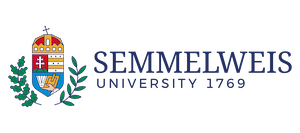
Our team is excited to bring this collaborative and innovative clinical research training program to Central Europe. Working together, we will be building the research infrastructure of this region while enhancing your skills to be leaders in improving patient outcomes.
Gyongyi Szabo, MD, PhD, Faculty Dean, Harvard Medical School





